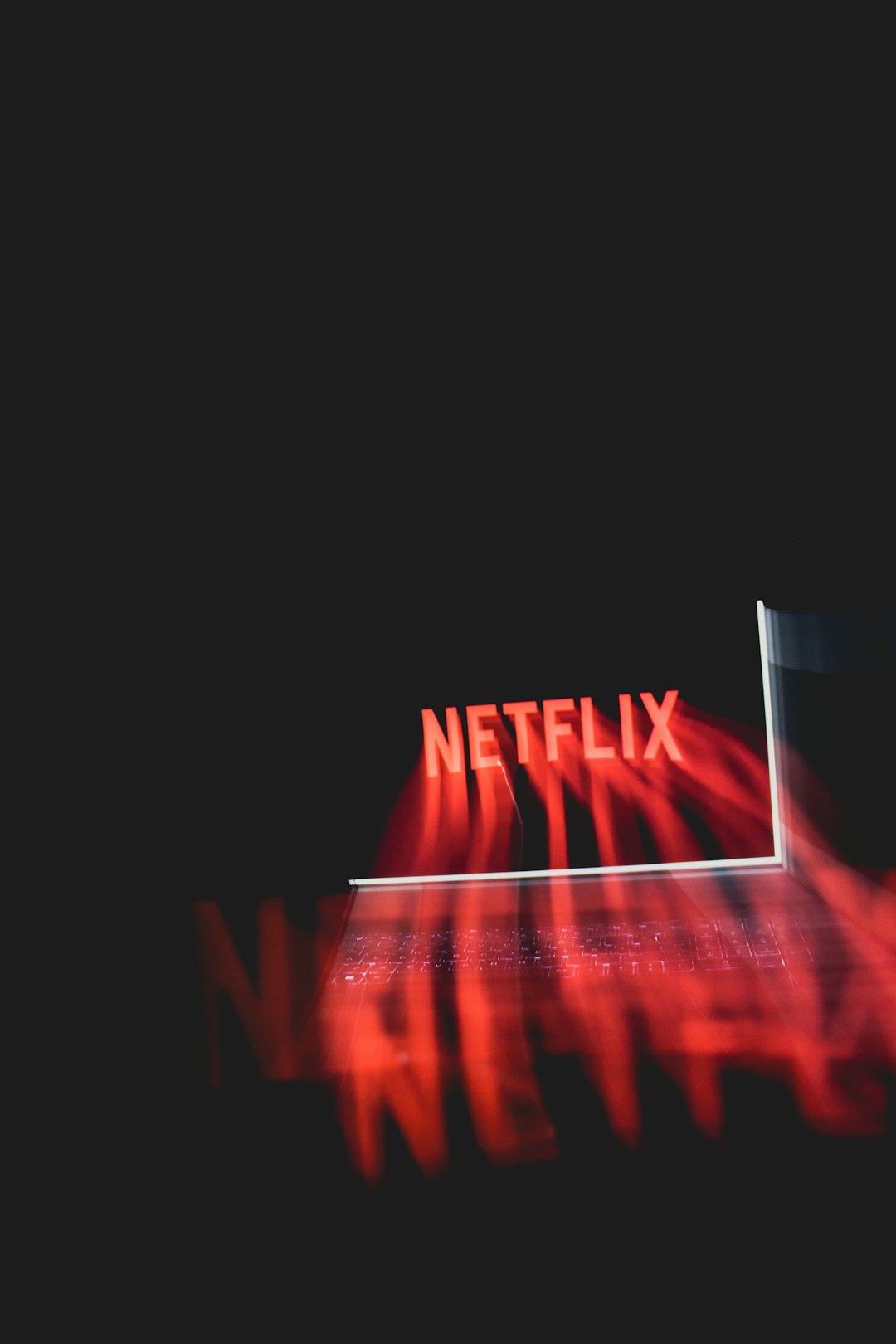
The entertainment industry stands on the edge of transformation as generative AI tools increasingly influence how content is created, distributed, and monetized. According to analysts at Morgan Stanley, artificial intelligence isn’t just another innovation—it could fundamentally disrupt traditional entertainment models, from Hollywood studios to streaming giants.
The industry has been actively renegotiating its boundaries with AI. This week, video game voice and motion capture actors signed a landmark contract requiring AI consent and disclosure, echoing protections gained by film actors in 2023 under SAG-AFTRA.
But despite legal safeguards, Morgan Stanley warns the shift may be irreversible. From cost-cutting to new user-generated formats, generative AI is poised to lower production expenses by up to 30%, while enabling a flood of content that could challenge professional output.
In response, Morgan Stanley raised its price target for Netflix (NASDAQ:NFLX) to $1,450 and Spotify (NYSE:SPOT) to $850, citing AI’s role in accelerating growth and profitability:
Netflix could see its recommendation engine enhanced to drive engagement beyond 2 hours per day per user. The firm believes AI will also supercharge Netflix’s ad business by blending brand storytelling with hyper-targeted delivery.
Spotify is expected to leverage AI to advance curation, artist discovery, and new product lines, expanding beyond music into untapped formats and regions.
To track analyst actions like these in real time, the Up/Down Grades by Company API offers insights into brokerage rating changes across publicly listed firms.
Analysts also spotlighted Alphabet (NASDAQ:GOOGL) via YouTube and Meta Platforms (NASDAQ:META) as potential AI beneficiaries. User-generated content, already dominant on platforms like TikTok and YouTube, could gain even more traction as creators use AI-enhanced tools to generate professional-quality videos and music.
For a deeper look at company-specific sentiment and financial outlooks driven by this AI boom, the Company Rating API provides comprehensive scoring based on financial health, performance, and market confidence.
As the boundaries between user and creator, amateur and professional, continue to blur, the entertainment industry must navigate a dual challenge: protecting creative integrity while embracing the efficiencies and innovations AI brings.
For now, Wall Street appears to be betting on the latter—especially in the cases of Netflix and Spotify, whose AI-powered personalization and discovery ecosystems could define the next decade of global content consumption.